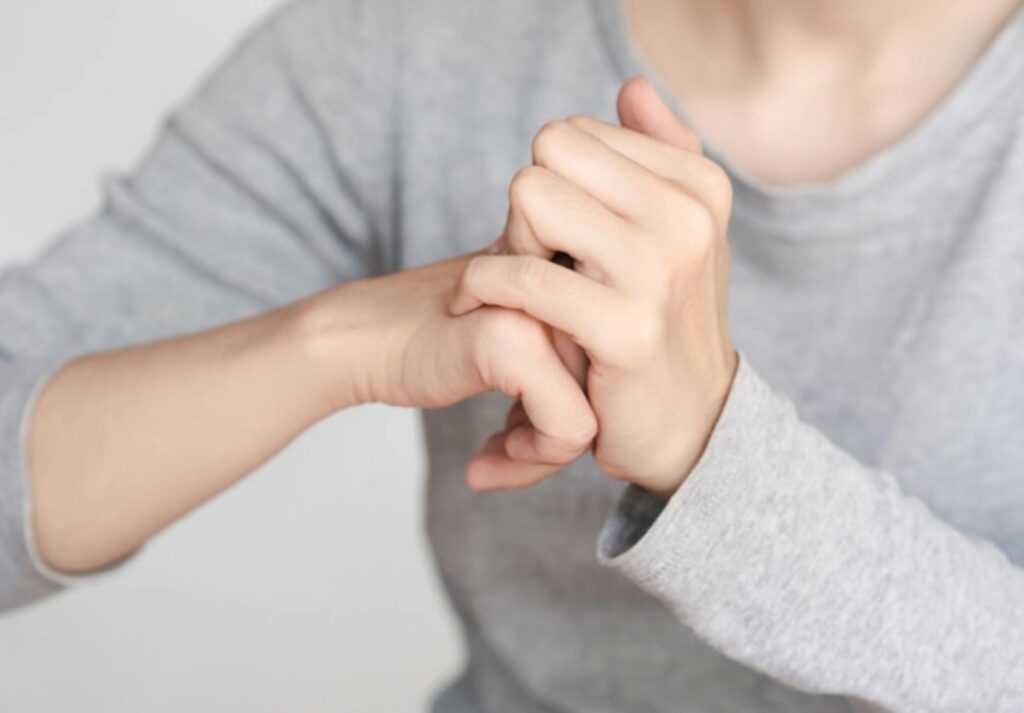This is a very common question… and a tough one.
The shoulder joint is very complex. It is made up of multiple different layers of bone, cartilage, muscle, tendon, ligament and bursa that glide across one another with movement. Abnormal repetitive motion or inflammation in one of these tissues can sometimes lead to popping or catching.
Certainly popping can be caused by problematic conditions in the shoulder. Severe shoulder arthritis will cause you to have a roughened joint surface that can pop and crack with movement. Labrum tears or instability can cause a “catching” of tissues within the ball and socket shoulder joint. Even rotator cuff tears and biceps tendinitis can lead to shoulder popping with certain movements.
But that does NOT NECESSARILY mean that all popping occurs because of one of these conditions or that you should worry about it.
In other words, NORMAL shoulders can pop
Sometimes your shoulder just pops like your knuckles crack: it’s a movement of normal fluid between spaces in your joint. Additionally, popping may be temporary and may resolve with simple postural changes or physical therapy.
The other problem we have to contend with is distinguishing between when your shoulder popping is part of the normal aging process vs when it is pathologic.

Some of the same conditions mentioned above that cause shoulder popping such as labrum tears can occur in your shoulder with normal aging. These conditions may NOT NECESSARILY cause you pain or poor function. In fact many people have them but don’t even know it.
Think of it like getting wrinkles. Wrinkles don’t hurt, but they are a sign that your skin is aging. Some labrum tears don’t hurt, but they may cause “popping.” So a better question to ask rather than “Why does my shoulder pop?” might be: “Does it really matter that my shoulder pops?”
Clues that popping might be a problem:
- The popping started after an injury or trauma
- The popping hurts over an extended period of time (weeks to months)
- The popping is associated with a sense that your shoulder is dislocating
A popping Shoulder doesn’t necessarily mean that you have a problem
You might have a problem. But it’s best not to read too much into it without some perspective. When you have painful shoulder popping or shoulder popping that really bothers you, you may want to have it checked out further. If your shoulder is popping and you are concerned that it may indicate a bigger problem, please contact us for more information or for a personal consultation.
